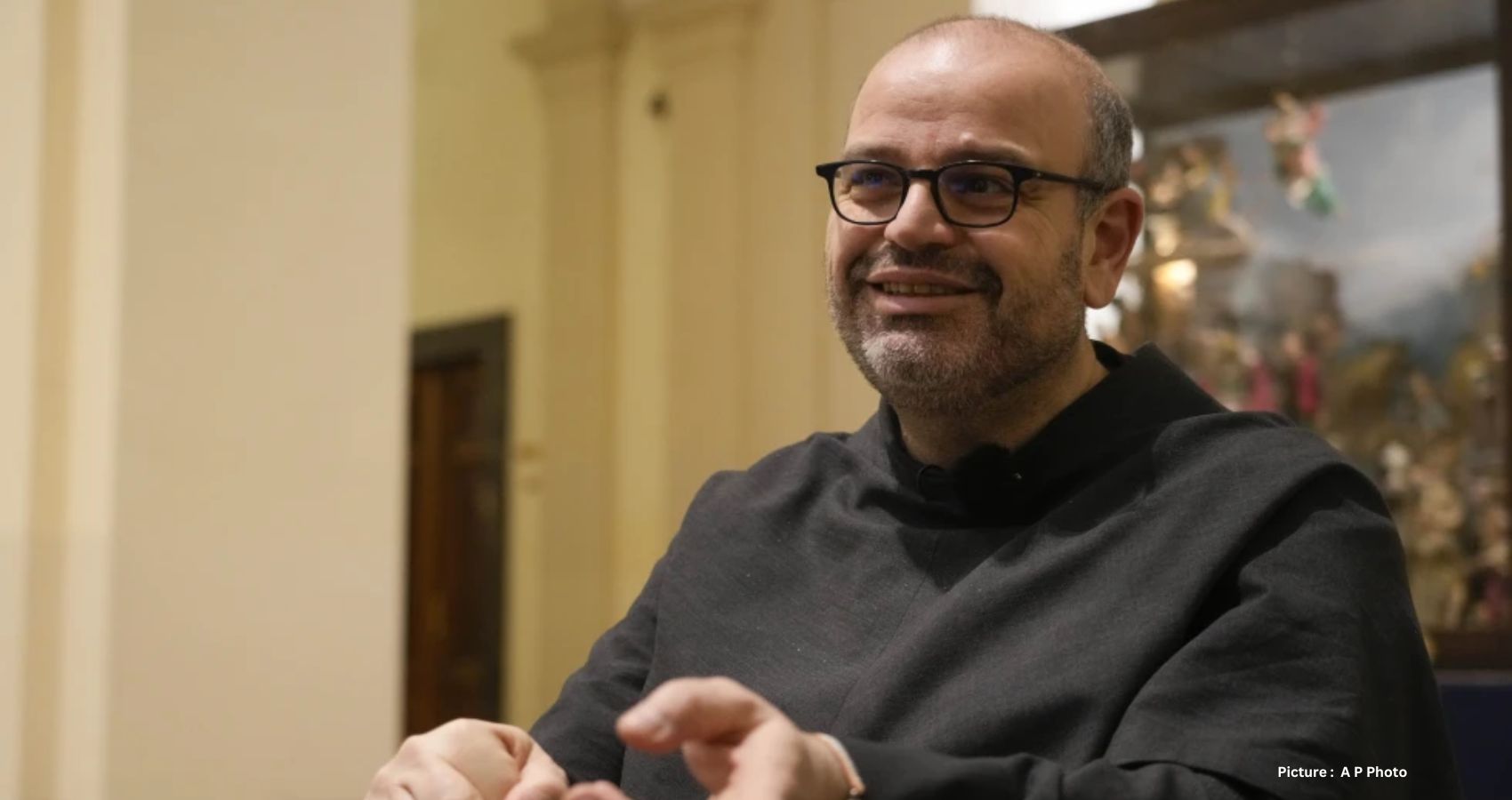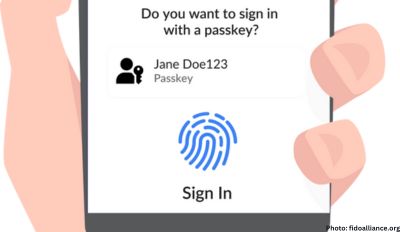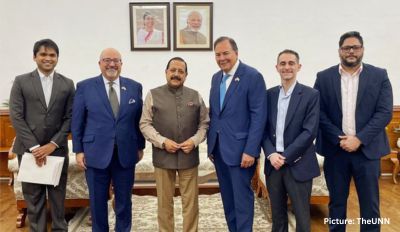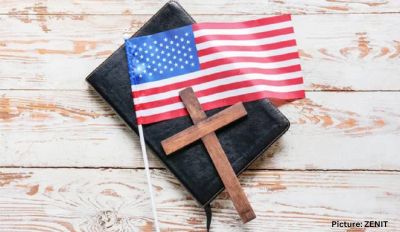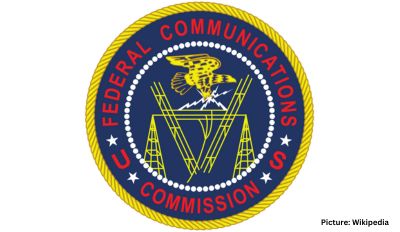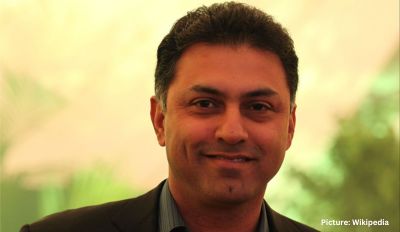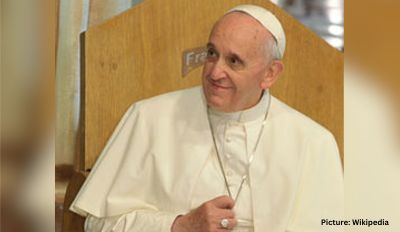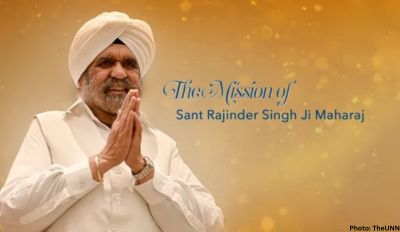In his humble brown robes, Friar Paolo Benanti, a member of the Franciscan order, takes on the profound challenge of our times – navigating the ethical governance of artificial intelligence (AI). Serving as the Vatican’s technology advisor, Benanti, with a background in engineering and a doctorate in moral theology, is on a mission to ensure AI enriches lives without exploitation. His urgency aligns with Pope Francis’s call for an international treaty addressing the ethical use of AI, as highlighted in his 2024 peace message.
In an interview with The Associated Press, Benanti pondered, “What is the difference between a man who exists and a machine that functions?” Expressing the gravity of the issue, he emphasized the growing complexity of a machine that seems to be increasingly humanizing. His expertise extends beyond the Vatican, making him a crucial figure in international AI discussions.
Benanti, at 50, wears multiple hats. He serves on the United Nations’ Advisory Body on Artificial Intelligence, heads an Italian government commission safeguarding journalism from disinformation, and consults for the Vatican’s Pontifical Academy for Life. His role involves translating technical terms for the Holy Father, a duty that proved invaluable during a 2023 meeting between Pope Francis and Microsoft President Brad Smith, focused on the ethical dimensions of AI.
Pope Francis, with a commitment to those on society’s margins, fears AI’s potential to infringe on human rights. The concern centers around discriminatory impacts on issues like mortgage applications, asylum bids, or assessing an offender’s likelihood to reoffend. Benanti concurs, warning about the dangers of insufficiently inclusive data leading to non-inclusive choices.
Microsoft, recognizing the friar’s unique expertise, sought Benanti’s insights several years ago. In 2023, Smith and Benanti collaborated on a podcast in Rome, where Smith lauded the friar for his extraordinary blend of engineering, ethics, and technology, making him a vital contributor to the AI debate.
One year away from completing his engineering degree at Rome’s Sapienza University, Benanti chose a different path, forsaking both his degree and his girlfriend to join the Franciscans in his 20s. He envisions AI as a potent tool, capable of reducing medical costs and empowering doctors to serve more people. However, he stresses the ethical quandaries posed by AI, which, with human-like capabilities, demand meticulous governance.
Benanti acknowledges that much of AI’s data is sourced from low-wage workers, often in developing countries marked by a history of colonialism and exploitation. Concerned about extracting cognitive resources from the global South, he states, “I don’t want this to be remembered as the season in which we extract from the global South cognitive resources.” He sheds light on the irony that the best AI tools in the West are trained using underpaid workers from English-speaking former colonies.
In addressing the ethical dilemma, the friar emphasizes, “It is a problem not of using (AI) but it is a problem of governance, and here is where ethics come in — finding the right level of use inside a social context.” Benanti’s advocacy resonates with those striving to strike a delicate balance between harnessing AI’s potential and ensuring it serves the collective good, embodying the timeless values of his Franciscan order founded by St. Francis of Assisi.

